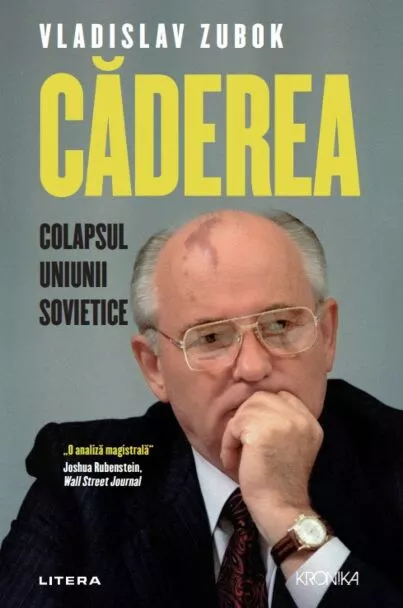What do you think?
Rate this book


656 pages, Paperback
First published November 30, 2021

History has never been a morality play about the inevitable victory of freedom and democracy. Instead, the world remains what it always was: an arena of struggle between idealism and power, good governance and corruption, the surge of freedom and the need to curb it in times of crisis and emergency.
According to the best available estimates, Soviet defense spending did not exceed 15 percent of GDP.
Under Andropov, he was sent by the central prosecutor’s office to Uzbekistan to investigate the “cotton case” - a scam that resulted in republican officials receiving 4 billion rubles from the central budget for cotton, which existed only in false reports. Gdlyan's investigations became one of the biggest sensations of the glasnost period, making him a celebrity, a people's fighter against the Soviet "mafia". People approved of Gdlyan's harsh methods; his team arrested hundreds of Uzbek officials, kept them for months under continuous interrogation, and put pressure on their closest relatives. Gdlyan’s partner in the investigation of the “cotton case,” Nikolai Ivanov, was elected as a deputy to the congress from Leningrad
Shakhnazarov objected that the new union is more in line with Russian interests, since in this way Ukraine, Belarus and Kazakhstan will remain in the zone of Russia’s geopolitical influence. Otherwise, “while Russia is coming to its senses, the republics will disperse into different compartments, be drawn into other unions, blocs, and, of course, no one will want to return them by force.” Shakhnakhzarov was convinced that the countries of Eastern Europe had already begun to move closer to NATO and Ukraine could do the same: “If this happens, then instead of a bridge [to Europe] and neutral states, we will get an entire military bloc on our borders.” What about Crimea? Will this peninsula, an integral part of Russian national identity, become foreign territory?